The Courage to Confront: Turning Tough Conversations into Growth
Apr 08, 2025
The word confrontation is kind of beautiful. It means to come at something from the front. Much nicer than seeking to change things behind others' backs, wouldn't you agree?
Still, there's something primal about the fear of confrontation. Whether it’s in our relationships, at work, or within our own inner dialogue, the urge to avoid tough conversations is almost instinctive. But here’s the thing—avoiding conflict doesn’t make it disappear. It just makes it simmer under the surface, festering until it finds a way to erupt.
Reframing Confrontation
It’s easy to convince ourselves that steering clear of confrontation is keeping the peace. We tell ourselves that silence is better than discomfort, or that enduring something difficult is more noble than standing up for what we need. But in reality, avoiding confrontation often creates a rift—either between us and others or within ourselves.
What if we could see confrontation not as a threat but as an opportunity for growth? I’ve found that reframing these challenging moments can transform how we approach them. Confrontation doesn’t have to be about blame or criticism—it can be a noble pathway to clarity, understanding, and ultimately, deeper connection.
A Personal Story: When Confrontation Became Courage
Confrontation has been a part of me for as long as I can remember. It’s almost wired into who I am. For instance, at only 18, I was fired from a job for confronting my boss about misleading advertising. I’ve also had my share of direct confrontations with family—like the time I spoke with each of my parents about the stories I had been running about our relationships based on my childhood.
While the results are often unpredictable, the commitment to noble confrontation yields tremendous rewards. Along with my desire for deeper understanding and pathways to real change, I choose to speak up, even when it’s uncomfortable, because doing so keeps me in touch with my deepest values. Over time, I’ve learned to approach confrontation not as an attack but as a sincere attempt to honor my relationships.
I’ve found that confronting issues head-on, with honesty and a willingness to listen, has been invaluable. It has strengthened my relationships with my parents, friends, and partners—and made me more resilient in both my personal and professional life.
How to Confront with Courage
-
Ground Yourself: Before speaking, take a moment to breathe. Regulate your nervous system so you can show up with calmness and clarity.
-
Lead with Vulnerability: Instead of blaming, share how you’re feeling and why it matters.
-
Be Direct but Kind: It’s not about making the other person feel wrong—it’s about being honest about your own experience.
-
Stay Open to Listening: A confrontation is a dialogue, not a monologue. Be willing to hear their perspective.
Final Thought: Confrontation as Connection
When we choose to confront, we choose honesty. We choose to trust that the relationship—or the situation—is strong enough to handle the truth. It’s not about creating conflict; it’s about stepping into authenticity with courage. Let’s not fear confrontation—instead, let’s see it as an invitation to be more real, more present, and more connected.
Call to Action
Have you ever faced a moment when avoiding confrontation seemed easier but didn’t lead to resolution? What did you learn from it? Share your thoughts and experiences below.
SUBSCRIBE FOR ONGOING QUALITY CONTENT
Subscribe to the Self Craft Circular—your guide to personal, professional, and relational growth. Get insights on communication, relationships, and self-mastery—plus exclusive event updates and unique specials not offered anywhere else—delivered straight to your inbox.

